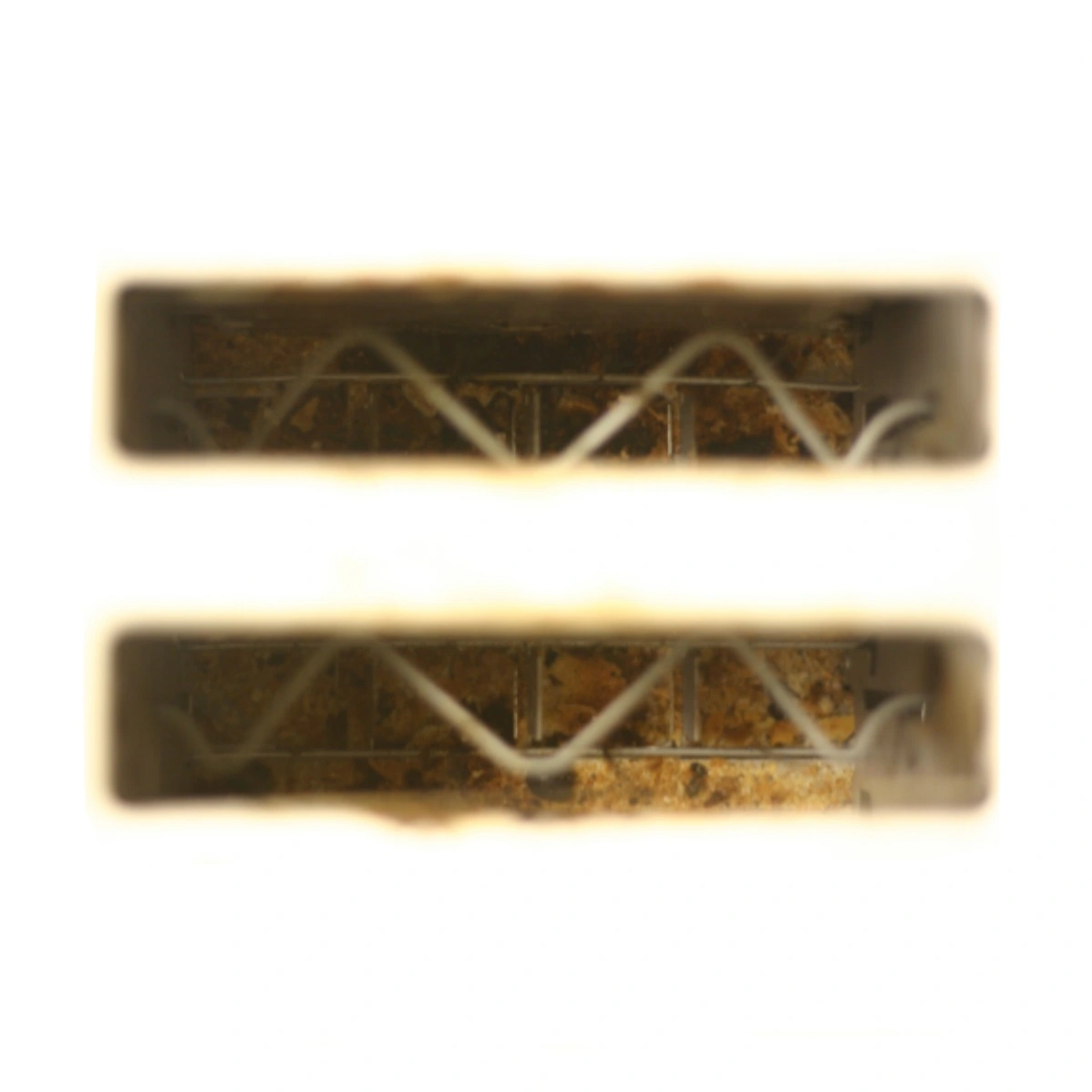Awesome. I’d definitely buy one from an enterprising recycler! (I’m disabled and assembling this is probably beyond me)
Alternatively build loads of these and hand them out during power outages. I wonder how many would be needed to power an energy efficient home?
In an email conversation with Connell, he stated that "a six-vane version with an efficient alternator should produce at least 135 watts of electricity in a 30 km/h wind, and 1.05 kilowatts at 60 km/h
Honestly I wouldn’t expect too much, one may be enough for light-use emergency power. 30 km/h wind is not something you see every day in most places, and 60 km/h sounds like the kind of day I would stay indoors.
If you live in a windy place, you could probably power your house lights with a couple of them, if you use LED lighting, but don’t expect to power an electric oven or heat your house with it unless you have a yard full of them.
Honestly, even lights would be good. I’ve been without power for up to 4 days several times, and lanterns/torches just don’t do enough.
Plus charging phones, keeping router+modem alive, and charging CPAP batteries would all be useful.
That’s an amazing idea RE power outages!
Definitely neat, particularly in some sort of disaster scenario where you’re building stuff out of scrap. I bet you could replace those aluminum “offset printing plates” with sheet aluminum from cars that are built with it. (Mostly fairly pricey ones, but I’m thinking of scenarios where that’s no longer an issue.)
In more prosaic situations though, modern PV panels can produce more wattage even in marginal latitudes. So I’d think of wind turbines as something to supplement a system and maybe lighten the load on batteries during overnight hours, rather than a primary power source.
In the marine world, small 12V wind turbines used to be a pretty common sight on the back of sailboats… which is really about the best possible situation for one. (Sailboats tend to be located in places that have brisk winds.) But in the last 10 years most people have stopped bothering to install them, and are making more and more flat surfaces out of PV panels instead. You just get more bang for the buck buying more PV panels and batteries than you do buying a wind turbine setup.
But for scenarios where it makes sense, I love seeing designs that don’t assume you have the entire McMaster-Carr catalog at your disposal.
PV has the downside that it’s pretty useless in winter.
The design seems to assume a car alternator, which are mostly electromagnet based, and a poor choice for low rpm wind applications.




